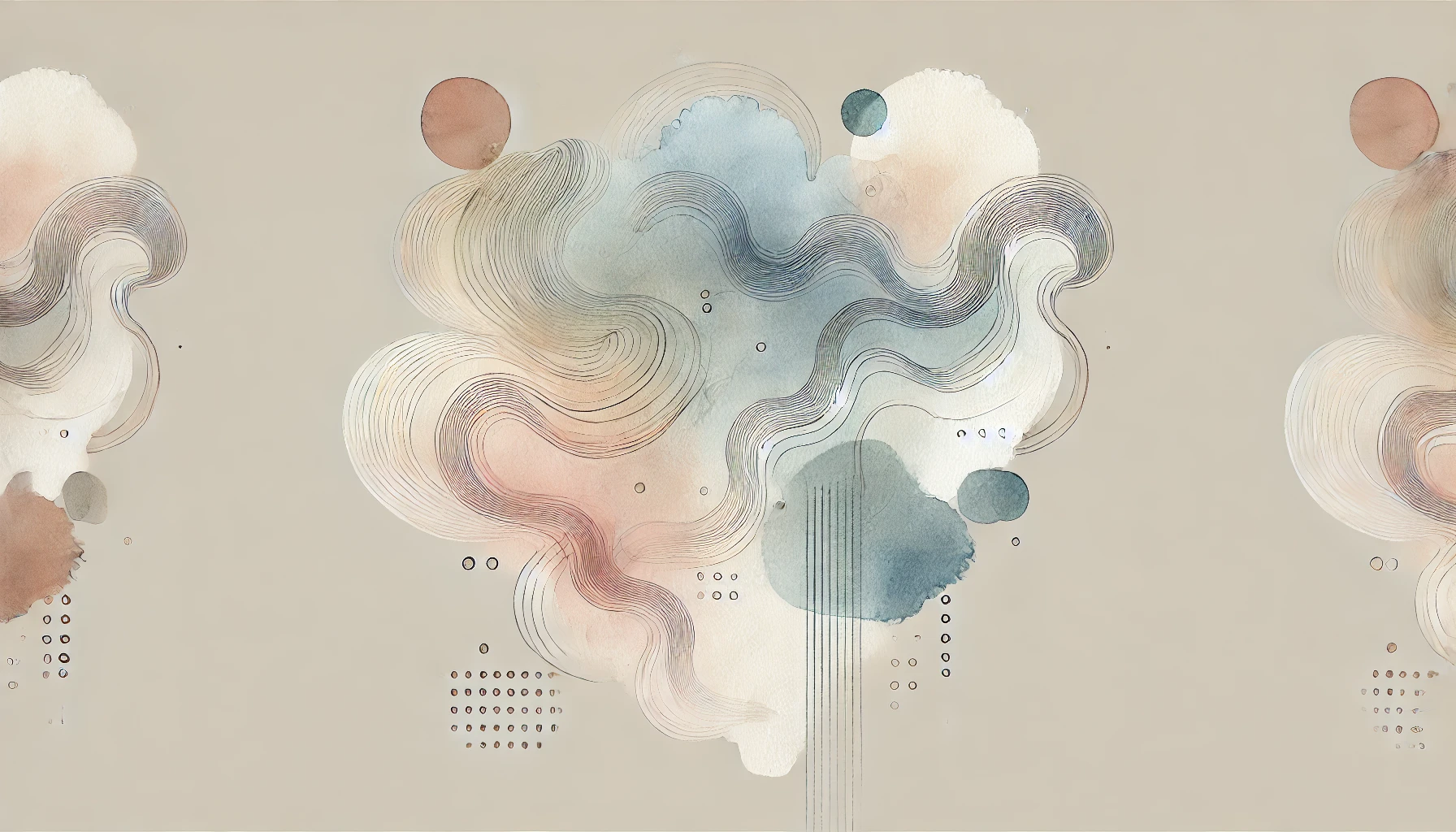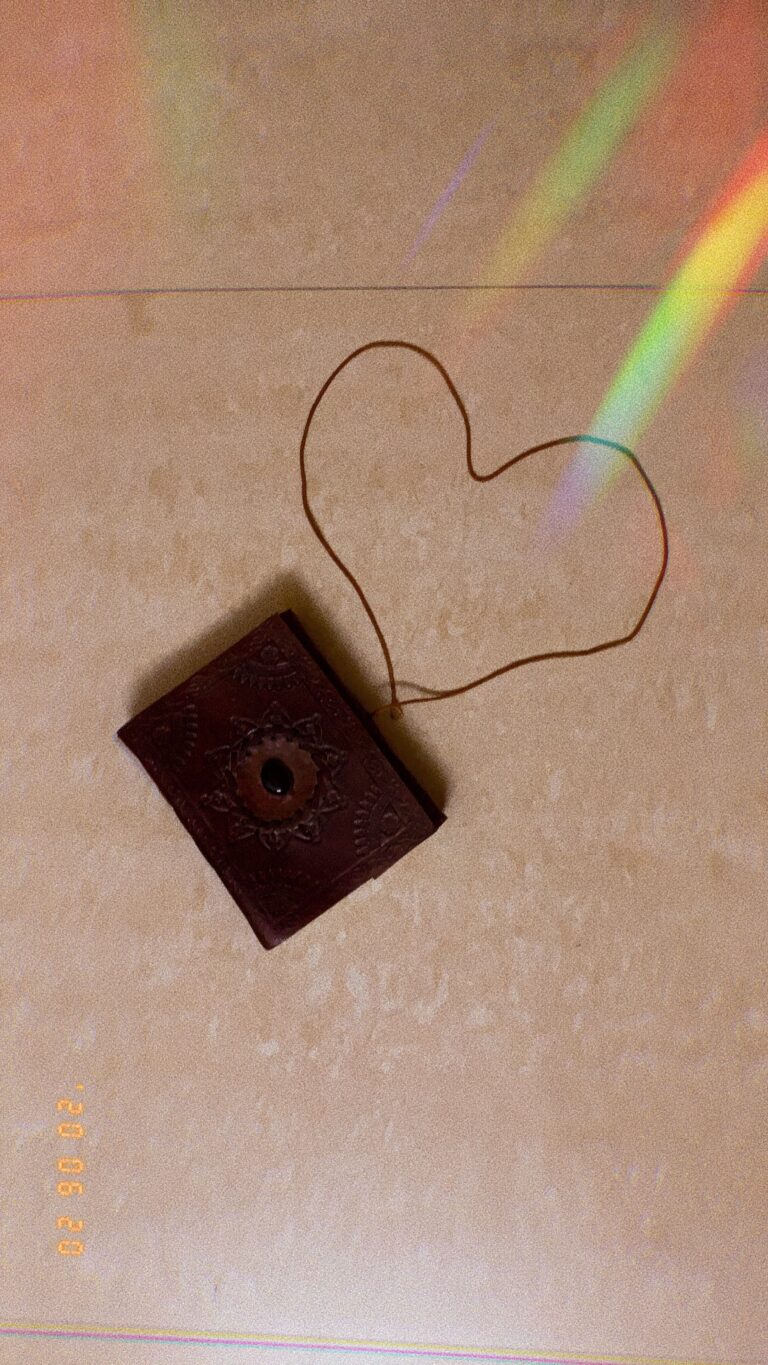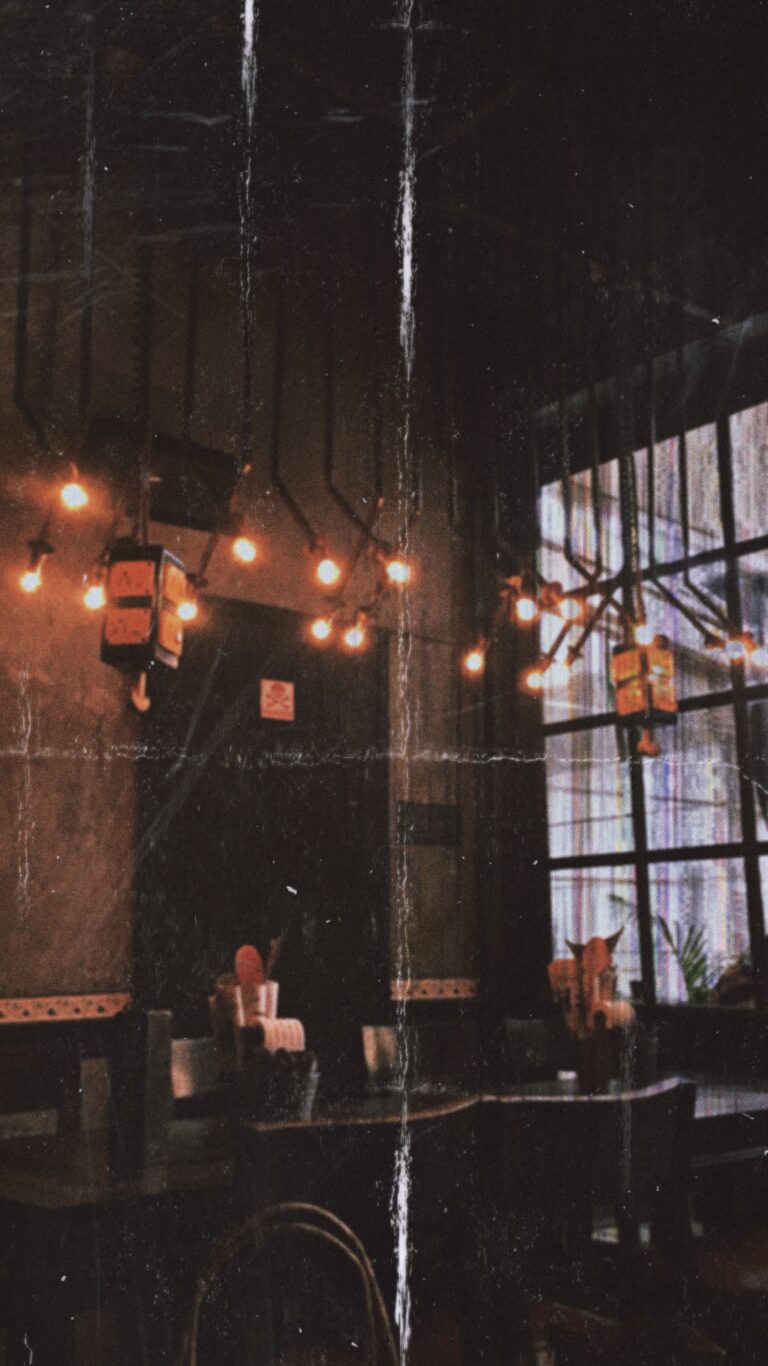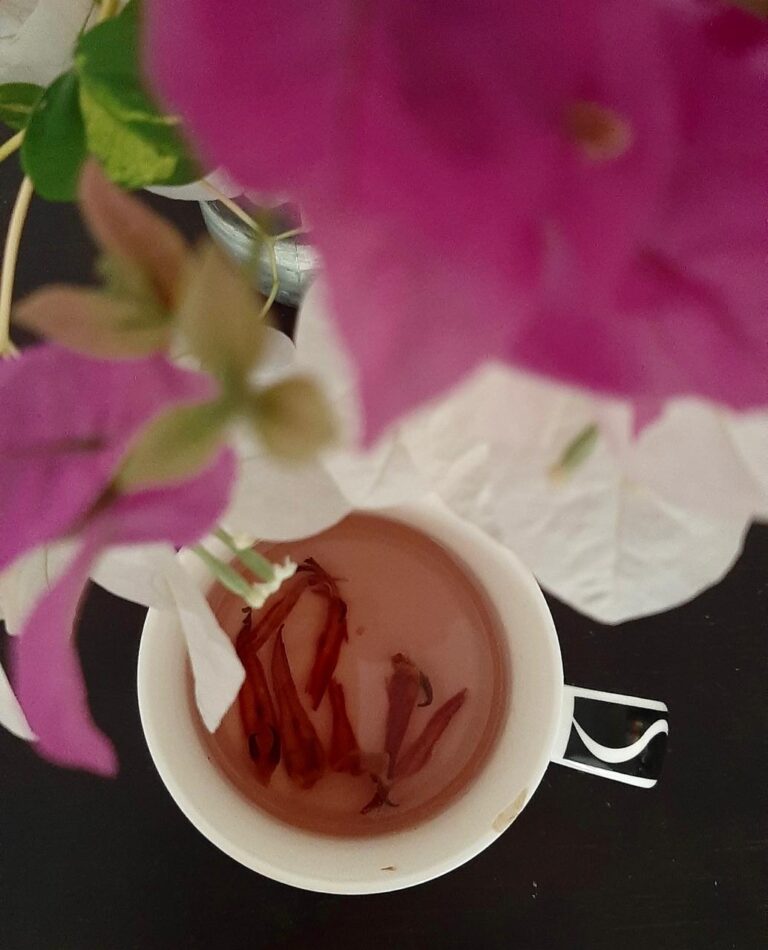
The cost of cultural loyalty often lies in the battles we fight within ourselves. The kind that doesn’t make headlines but tugs relentlessly at our choices. It’s the constant push and pull between honoring cultural norms and chasing personal freedom. And while no one explicitly says “you can’t do this,” the silent pressures often speak louder than words.
Growing up in a culture rooted in tradition feels like walking a tightrope. Village councils and societal norms pulls us from one end while we also try to tiptoe into modernity.
We carry more than just our names. We carry our villages, our families, and the understanding that every mistake reflects on everyone we belong to.
Take the simple decision of moving abroad to work or study. Technically, there’s support. Parents cheer you on, friends wish you well, but there’s a lingering thought that follows you: “Should I be staying back?”
It’s not always loud, but it’s there. The cultural expectation that, one day, you’ll return home, settle down, and carry on the legacy. It’s not an obligation enforced by rules but by love, duty, and tradition.
How Cultural Loyalty Shapes Identity and Guilt
This isn’t only about culture, it’s also about identity. Psychologists talk about cognitive dissonance, the discomfort we feel when our actions conflict with our values.
For many of us, values are shaped by generations before us. You learn that sacrifice is noble. That family comes first. That peace within the community is greater than personal freedom. And when you dream of something different, it feels like betrayal.
There’s pride in belonging, but also guilt in stepping away from it.
Collectivist Guilt and Responsibility
And this isn’t just cultural, it’s psychological. Cultural loyalty creates belonging, but it can also cause guilt when personal dreams clash with group expectations. This concept of collectivist guilt (individuals feel responsible for group well-being) can slowly lead to anxiety, depression, and burnout.
In communities like ours, where cultures hold very strong communal ties, often foster a sense of collective responsibility. This means that individuals weigh their decisions against the larger good. It’s why many of us hesitate to pursue choices that could be seen as “selfish.”
Even everyday decisions like what you wear, how you express opinions, even the way you engage with your faith. Every choice is filtered through, “What will people think?” and ‘Will this reflect badly on my family?”
I remember when I first chose to study psychology. The reactions were a mix of confusion and concern.
“Why would you want to be around crazy people?”
“You’ll isolate yourself.”
“You might lose your faith.”
There was genuine fear that delving into the human mind meant stepping away from God. Ironically, it was my faith that shaped my compassion for others.
It wasn’t just the career choice that raised eyebrows but the implication that I might ‘forget’ my faith or become too ‘westernized.’ Subtle nudges and suggestions that I reconsider, that I “pray on it more,” or find a more “suitable” path.
These kinds of conversations create a breeding ground for guilt and self-doubt. Are we making decisions for ourselves, or for the version of ourselves we think others will accept?
The “Pray It Away” Culture: When Faith and Cultural Loyalty Collide
In many communities, therapy is often sidelined, with prayer centers being the first (and sometimes only) recourse. The belief isn’t malicious, generations have rooted this belief in the understanding that suffering is spiritual and healing comes through faith. But this often leaves mental health struggles in the shadows.
There’s another layer to this and it’s what psychologists call learned helplessness. When people are told, time and again, that prayer is the only path to healing, it can lead to resignation. Over time, it feels pointless to seek help elsewhere because the belief has been shaped that nothing else will work. It’s not a lack of faith, but a conditioned response.
Labeling mental health issues as spiritual failings silences people.
I’ve seen it happen. Someone struggling silently, told to “pray harder” or ‘”have more faith.” And when the struggle continues, it feels like a personal failure. Shame grows, and so does the isolation. People stop seeking support, not because they don’t need it, but because they believe it’s futile to ask for it.
But the truth is, therapy doesn’t diminish faith. If anything, it strengthens it by offering tools to navigate pain that prayer alone may not address. It helps break that cycle of helplessness, reminding people that seeking help isn’t a sign of weakness, but courage.
Bridging the Gap Between Prayer and Therapy
I’ve seen families whisper about “mental illness” as if it’s a shameful secret. Some would rather seek spiritual deliverance than acknowledge the need for psychological support.
This isn’t to undermine faith. No, I believe spirituality can be a strong pillar of mental health. It only becomes problematic when it’s the only solution offered.
I strongly believe that it’s time for a conversation that bridges faith and therapy.
Prayer and counseling can coexist.
Yes, faith can offer strength, but it shouldn’t replace professional support.
Healing requires both spiritual and psychological work and understanding this can reduce the stigma to create space for healthier conversations.
Living Under the Weight of Cultural Loyalty
It’s not just about “me.” It’s about “we”- the family name, the community reputation, the village honor. Whether it’s career choices, marriage, or lifestyle decisions, cultural loyalty can feel like a constant filter.
Even in the smallest of decisions. It could be dressing a certain way or voicing a different opinion. I’ve felt the need to measure how it might reflect on my family.
Will people think I’ve changed too much?
Will they assume I’ve forgotten where I come from?
Sometimes it feels like I’m skating on thin ice, constantly balancing who I am and who I’m expected to be.
Even amid internal turmoil, people expect you to show resilience and stay silent about struggles.
But this only fuels isolation and anxiety.
This is a classic example of role conflict. On one side, there’s the role of the ‘dutiful child.’ This one honors tradition, staying close to family, maintaining community ties. On the other, there’s the role of the ‘independent self.’ It is the side that wants to explore, to take risks, to choose a path that feels personal and free.
The challenge is that both roles matter, but they rarely coexist peacefully.
Research shows that unresolved role conflict can chip away at self-identity. Over time, this emotional labor can lead to anxiety, burnout, and even a sense of disconnection from yourself.
So where do we draw the line? And how do we do it without breaking the ties that bind us to our roots?
The Path Forward
The truth is, there’s no easy answer. It’s not as simple as saying “just live your life.” And it’s not about completely rejecting traditions, either. Some cultural norms are beautiful. They’re about community, connection, and mutual care.
But the question is, how do we hold onto these values while making space for personal growth?
Perhaps it’s about time we acknowledge that while tradition shapes us, it doesn’t have to chain us. And seeking therapy isn’t dishonoring faith. Just as pursuing personal dreams isn’t rejecting family.
It’s about embracing the complexity of who we are, the individuals shaped by culture but also by personal desire and emotional well-being.
Maybe the most respectful thing we can do is to live authentically, even if that means taking roads less traveled. To acknowledge that while traditions have given us strength, it’s okay to question what no longer serves our mental health.
Growth is uncomfortable.
You can love your roots and still want to fly. And wanting more for yourself doesn’t mean wanting less for your community.
It’s a messy balance. But maybe that’s okay.
Not choosing between tradition and tomorrow, but learning how to walk with both.
Navigating cultural loyalty often brings up questions about personal choices. Selfish or Selfless? explores this reflection further, shedding light on the dilemma of decision-making.








Beautifully written! You’ve addressed a topic that has always lingered in my mind. I believe that no matter where we go, we carry our culture with us. While it’s important to stay rooted in tradition, we should also avoid identifying with it too rigidly.
Thank you so much! I completely agree. Our culture is a part of us no matter where we go, but it shouldn’t confine us. Finding that balance between honoring tradition and allowing ourselves room to grow is something so many of us wrestle with. I’m glad this piece resonated with you!